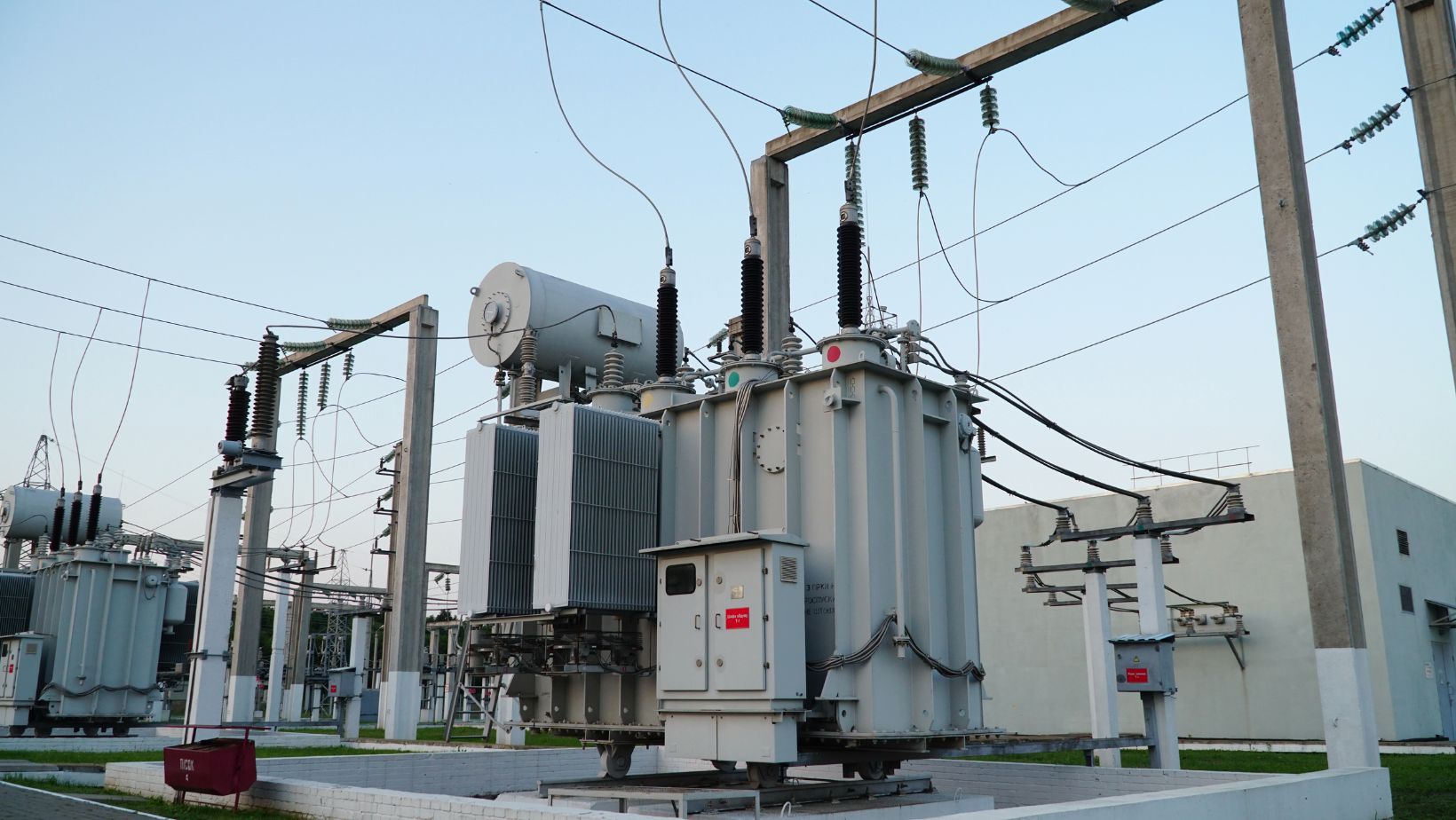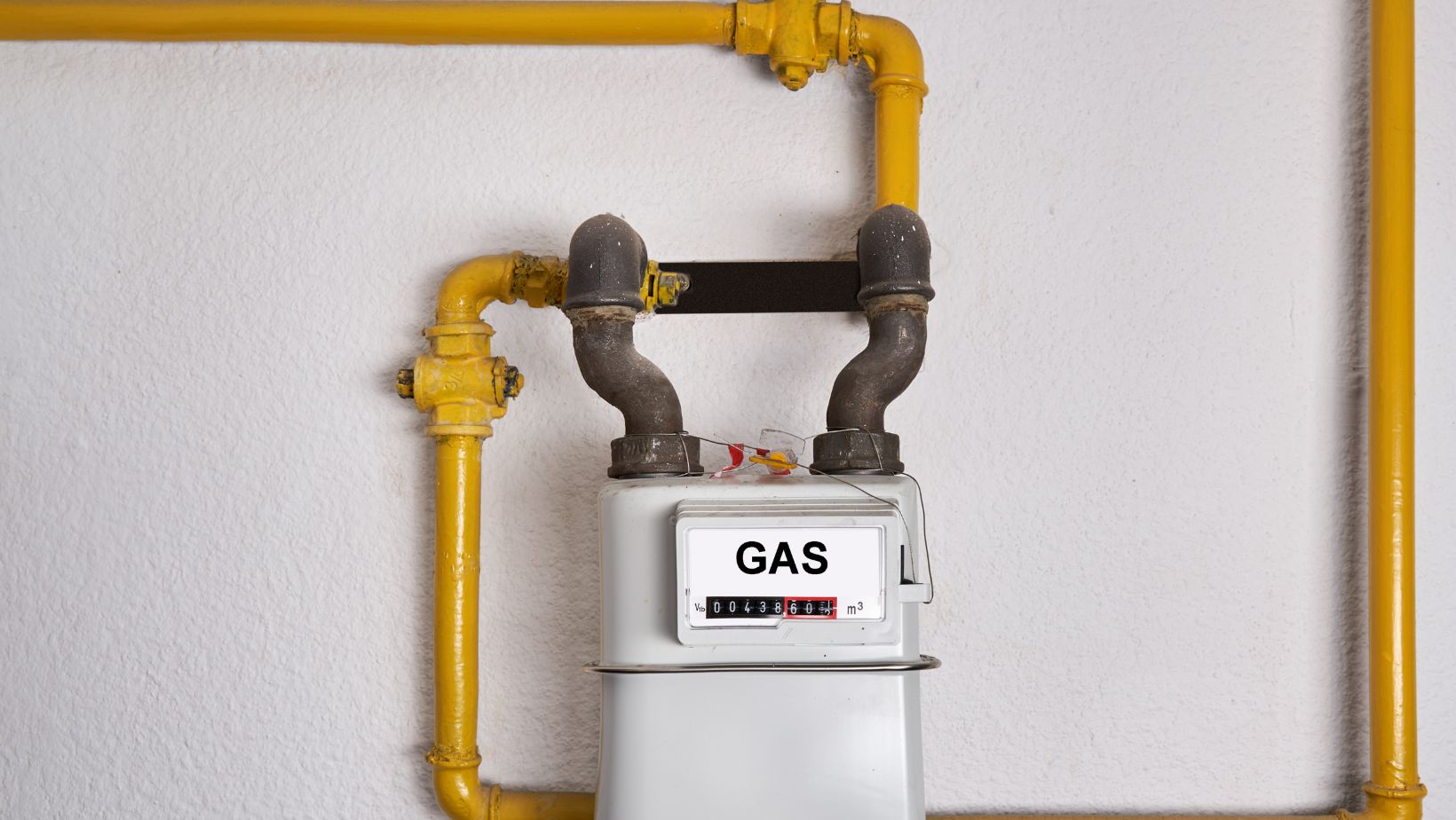
Deciding between gas and electric appliances can feel overwhelming. This article will equip you to make an informed decision by comparing both energy sources’ costs, comfort levels, and environmental impact. We’ll also explore ways to minimise energy consumption and delve into the long-term sustainability of each option.
Understanding the Basics of Gas and Electricity
Gas Energy: Natural gas is a fossil fuel delivered through pipes to your home. When burned, it produces heat that can be used for cooking, heating water, and powering appliances. Common gas appliances include stoves, water heaters, furnaces, and dryers.
Electric Energy: Electricity is a form of energy transmitted through wires. It can be generated from various sources, including fossil fuels, nuclear power, and renewable resources like solar and wind. Appliances convert this electrical energy into heat, light, or mechanical power. Electric appliances encompass a wider range, including all the aforementioned plus ovens, refrigerators, dishwashers, toasters, microwaves, and most air conditioners.
Fundamental Differences: The main difference lies in the source and how energy is delivered. Gas provides direct heat, while electricity needs conversion within the appliance. This difference impacts performance and efficiency.
Comparing the Costs of Gas and Electricity
Several factors influence the cost of gas:
- Market fluctuations: Natural gas prices can be volatile, impacting your monthly bill.
- Appliance efficiency: Newer, high-efficiency gas appliances use less fuel, saving money.
- Location: Prices may vary based on regional gas infrastructure and supply chains.
Electricity costs can be affected by:
- Energy rates: These are determined by your utility company and can fluctuate.
- Appliance efficiency: Similar to gas, newer electric appliances use less electricity.
- Usage: The more electricity you use, the higher the bill.
While average costs can vary regionally, generally, gas appliances are cheaper to operate upfront, and electric appliances tend to be more energy-efficient in the long run. Regardless of your choice, utilise energy-efficient appliances, take advantage of off-peak usage discounts (offered by some utility companies), and implement energy-saving practices like turning off lights when not in use.
Evaluating Comfort Factors of Gas and Electric Power
Comfort can be a significant determining factor when deciding between gas and electricity. Generally, gas appliances deliver heat faster, which is especially desirable in colder climates. However, electric systems often provide more consistent temperature control. Noise levels also differ, with gas appliances typically quieter. Safety, meanwhile, is paramount. Both energy types have inherent risks—gas leaks pose a potential fire hazard, whereas electricity can lead to shocks or fires if the wiring is faulty or old.
Environmental Impact: Gas vs. Electricity
The conversation of gas versus electricity would be incomplete without examining their respective environmental impacts. Natural gas burning creates fewer emissions than many other conventional fuels. Electricity, however, grants the opportunity to power homes through renewable resources such as solar or wind power, thereby significantly reducing carbon footprints. We can contribute to environmental sustainability by being responsible about energy use, including exploring renewable energy options and employing energy-saving practices.
Making the Right Choice: Gas or Electric?
Deciding between gas and electric? Here’s what you need to know: the optimal energy mix for you depends on various factors, primarily your personal energy needs, budget, and environmental concerns.
While long-term cost implications and environmental sustainability are important, each energy source’s immediate feasibility and comforts should also weigh into the decision. Additionally, it’s worthwhile considering switching to different energy sources or adopting multi-source energy systems.
Conclusion
Understanding the differences between gas and electric power equips you to make an informed decision. Both have their advantages and disadvantages. Cost, comfort, and environmental impact should all be considered. Remember, your choice can influence your wallet and the planet for years.
By being a conscious energy consumer and embracing sustainable solutions, we can all contribute to a greener future. Explore your options, speak with your local energy provider, and choose the path that best suits your needs and aligns with your values.














